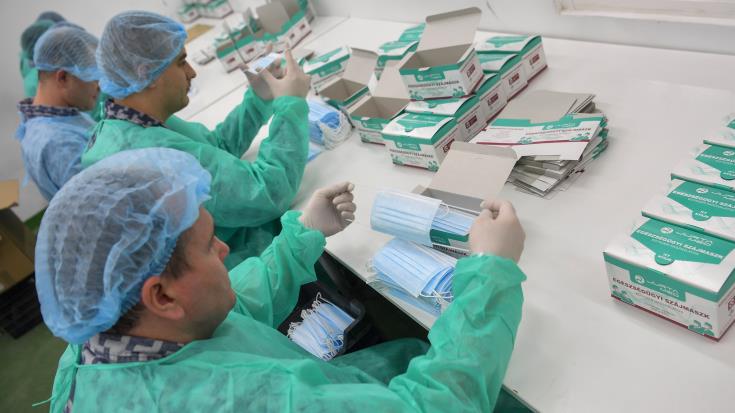It’s been almost a year since SARS-CoV-2 was discovered in Wuhan.
The absence of transparency by the Chinese authorities and the lack of quick, effective response from governments around the world allowed the virus to spread like wildfire throughout the planet, infecting 53 mln people and with 1.3 mln deaths.
Forget the Oil Crisis of the 1970s and the Lehman Brothers collapse in 2008 – this is the worst economic recession since the Great Depression.
Entire nations now have reservations when it comes to dealing with China, as Beijing needs to regain world trust, not simply by sending medical supplies and equipment.
Global organisations, too, such as the WHO, were caught off guard, not realising how rapidly the infection would become a global pandemic.
This new ‘new world order’ disrupted everything we do, forcing societies to adapt to change while propelling others to lead the battle.
Some countries, such as India, have embraced digital technology, regarding this new tool as a way forward in education, social and economic progress.
At the same time, it is not yet clear whether Joe Biden’s election will see a dramatic change in the one-time American dominance (or absence) in world affairs.
U.S.-EU relations need repair, the Middle East and its periphery need to calm down, and the new President has to decide if Washington will re-engage with the Paris Climate framework and re-enlist within the ranks of UNESCO and the WHO.
At least, the President-elect is not a Covid-denier, which is a step in the right direction.
Despite the rush to lock vaccine orders for its 500 mln citizens, the European Union’s joint recovery fund will be slow to reach everyone, probably by the second half of 2021.
It means that for now, governments must fend for themselves to keep their economies afloat.
The Cypriot administration has been struggling to deal with the aftermath from the coronavirus.
It continues to choose a reactive path instead of a pro-active approach.
From education to the economic sector, the measures announced so far have aimed to contain the situation, not to anticipate the next disaster or avert another crisis.
Like China, Cyprus is not deemed trustworthy by its European partners, so it does not enjoy much solidarity.
This, because despite the fuss over the years to abolish the cash-for-passports deal and the alarm bells from rating agencies that our financial services-leaning economy is not sustainable, the government and politicians chose to ignore the warnings.
Cyprus should take this down-time to rebuild many sectors, re-evaluate its policies and redesign its strategies.
The tourism and services sectors need a general overhaul to become competitive again, while education and learning excellence should become a priority.
It is incomprehensible how six months after the first lockdown, online schooling is still struggling with old-school mentalities.
Voters also have six months to get rid of all 56 MPs and elect a new House that has been tolerant of scandals and poor decisions, making them co-conspirators to everything that is wrong.
MPs need to regain public trust that they can only do by fast-tracking the transparency and whistle-blower regulations, as they have delayed for too long.
Our economy should become more sustainable and the best way to achieve a cyclical system is by introducing more environment-friendly work ethics and frameworks, slashing emissions, encouraging clean energy and use of renewables.
Everyone talks about the need to change, but if no small steps are taken today, there will be no big leaps tomorrow leaving Cyprus playing second fiddle again.









